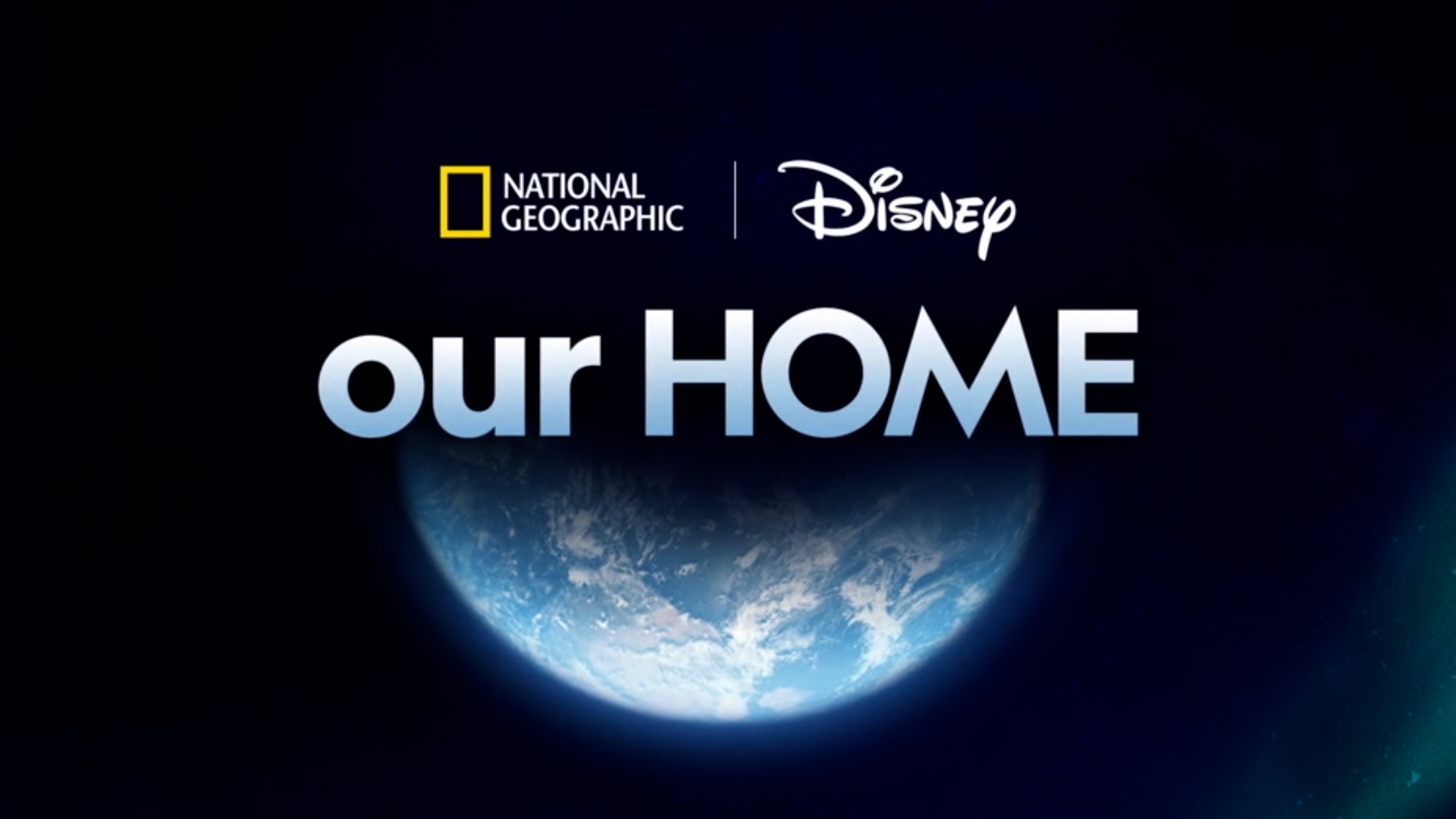NatGeo takes look inside unprecedented effort to reintroduce endangered baby zebra sharks into wild

In an unprecedented effort, 15 aquariums from around the world are teaming up to raise endangered baby zebra sharks and reintroduce them into the wild, where populations have nearly gone extinct.
National Geographic photographers Jennifer Hayes and her husband David Doubilet documented this process of "rewilding" from the waters of Raja Ampat, an archipelago in the West Papua province of Indonesia, where these slow-moving sharks have nearly disappeared due to fishing. Earth's ocean ecosystems need these apex predators in order to thrive.
"We have species disappearing off the face of this planet at a rapid rate ... and in some cases, the only place where we have the genetics and the species left are often aquariums," Hayes said.

This global effort is led by ReShark, "an international collective of over 60 conservation organizations, aquariums, government agencies and more, dedicated to [recovering] threatened sharks and rays around the world."
First, eggs encased in shell-like cocoons -- called mermaid's purses -- are bred in scientifically managed populations in aquariums around the world.
These eggs are then transported by air to local hatcheries in Indonesia, where they're cared for by so-called "shark nannies."
They live in a "shark daycare" of sorts until biologists certify that juveniles are ready for tagging and releasing in marine-protected areas. Scientists are hopeful these zebra sharks will soon repopulate.
ReShark aims to release 500 zebra sharks over the next 10 years.
Scientists have successfully "rewilded" several land animal populations, from pandas to wolves to condors and black-footed ferrets, according to NatGeo. Yet reintroducing aquatic animals back to ocean environments is much harder because it's simply never been done.
"It doesn't stop with zebra sharks," Hayes said. "It's a long list of potential species that can be restored, and ReShark is the opportunity to reintroduce these populations."
Learn more at natgeo.com/rewildingsharks.
The Walt Disney Co. is the parent company of National Geographic Partners and this ABC station.










